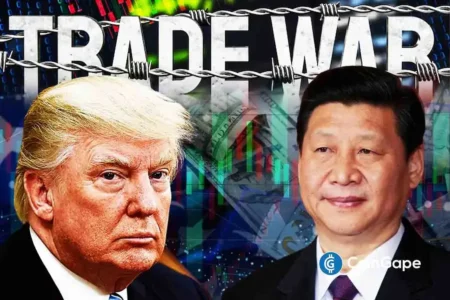Solana Foundation, the governance arm of Solana, recently introduced a new policy for its Delegation Program. The program was established in 2020 to support a secure, decentralized, and high-performing validator network for the Solana ecosystem. However, due to a decrease in the Foundation’s total network stake, changes were made to remove non-compliant nodes.
The new Validator Policy implemented by Solana outlines specific criteria for the removal of certain non-performing validators. Under this policy, for every new validator that earns a seat through community stake, three long-standing validators will be removed from the Foundation’s delegated list. This proactive approach aims to maintain a balance between the network’s growth and its overall health.
The criteria for validator removal include validators that have held Foundation delegation on mainnet for at least 18 months and have accumulated less than 1,000 SOL of self-owned stake outside that delegation slot. By enforcing these criteria, Solana aims to eliminate validators that rely solely on subsidized stake rather than genuine community support. This initiative is seen as a way to encourage validators to invest in their infrastructure and stake outreach.
Industry observers and validator operators have shown support for Solana’s new Validator Policy, viewing it as a positive evolution for the ecosystem. The policy is expected to drive higher quality node operations and enhance community engagement. Additionally, the tie between Foundation-delegated stake and performance metrics is seen as a step towards creating a more resilient validator network and building trust within the community.
The new policy can also have implications for the price of SOL, with some predicting bullish outcomes for the cryptocurrency. With SOL price targeting $150 and strategic fund-raising efforts underway, the policy could lead to increased investment in SOL and a more robust ecosystem. By reallocating delegation resources towards validators that contribute to the network’s value, Solana aims to preserve decentralization while ensuring optimal performance.
In conclusion, Solana’s new Validator Policy signals a commitment to fostering a competitive and self-sustaining validator community. By removing underperforming validators and incentivizing technical reliability and community support, Solana aims to strengthen its network and drive growth in the ecosystem. As the cryptocurrency market continues to evolve, initiatives like this serve as a way to institutionalize best practices and ensure the long-term success of the Solana ecosystem.

















